Head First Java. 3rd Edition Kathy Sierra, Bert Bates, Trisha Gee
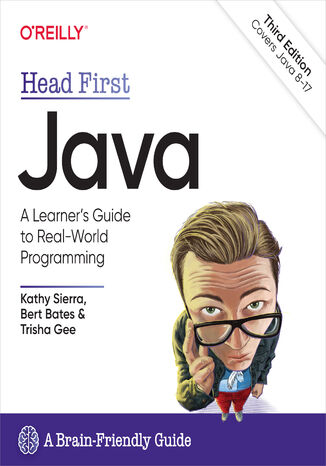



- Autorzy:
- Kathy Sierra, Bert Bates, Trisha Gee
- Wydawnictwo:
- O'Reilly Media
- Ocena:
- Stron:
- 754
- Dostępne formaty:
-
ePubMobi
Opis
książki
:
Head First Java. 3rd Edition
What will you learn from this book?
Head First Java is a complete learning experience in Java and object-oriented programming. With this book, you'll learn the Java language with a unique method that goes beyond how-to manuals and helps you become a great programmer. Through puzzles, mysteries, and soul-searching interviews with famous Java objects, you'll quickly get up to speed on Java's fundamentals and advanced topics including lambdas, streams, generics, threading, networking, and the dreaded desktop GUI. If you have experience with another programming language, Head First Java will engage your brain with more modern approaches to coding--the sleeker, faster, and easier to read, write, and maintain Java of today.
What's so special about this book?
If you've read a Head First book, you know what to expect--a visually rich format designed for the way your brain works. If you haven't, you're in for a treat. With Head First Java, you'll learn Java through a multisensory experience that engages your mind, rather than by means of a text-heavy approach that puts you to sleep.
Wybrane bestsellery
Kathy Sierra, Bert Bates, Trisha Gee - pozostałe książki
O'Reilly Media - inne książki
Dzięki opcji "Druk na żądanie" do sprzedaży wracają tytuły Grupy Helion, które cieszyły sie dużym zainteresowaniem, a których nakład został wyprzedany.
Dla naszych Czytelników wydrukowaliśmy dodatkową pulę egzemplarzy w technice druku cyfrowego.
Co powinieneś wiedzieć o usłudze "Druk na żądanie":
- usługa obejmuje tylko widoczną poniżej listę tytułów, którą na bieżąco aktualizujemy;
- cena książki może być wyższa od początkowej ceny detalicznej, co jest spowodowane kosztami druku cyfrowego (wyższymi niż koszty tradycyjnego druku offsetowego). Obowiązująca cena jest zawsze podawana na stronie WWW książki;
- zawartość książki wraz z dodatkami (płyta CD, DVD) odpowiada jej pierwotnemu wydaniu i jest w pełni komplementarna;
- usługa nie obejmuje książek w kolorze.
Masz pytanie o konkretny tytuł? Napisz do nas: sklep@helion.pl
Książka drukowana



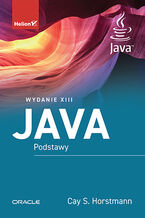

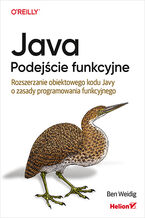
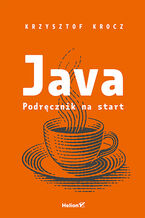
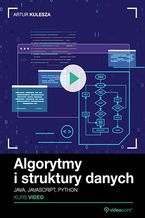
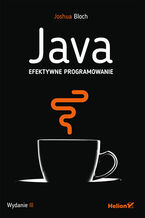


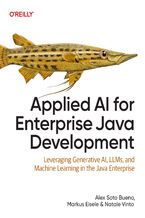
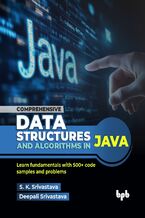

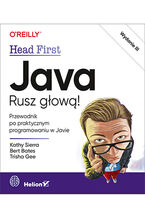
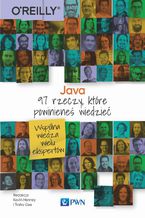
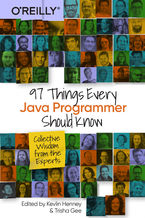
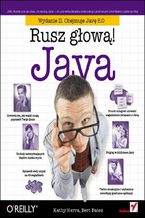
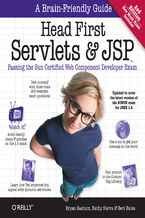
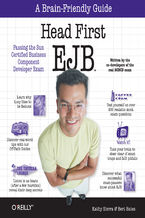







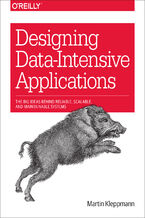
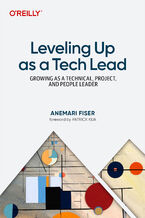
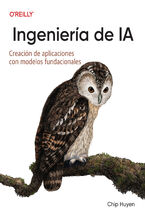
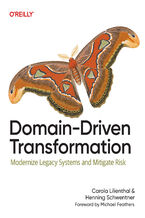

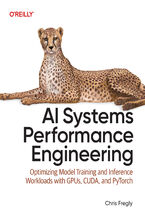
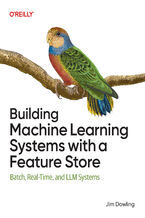
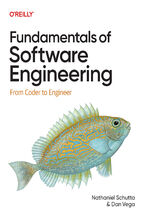
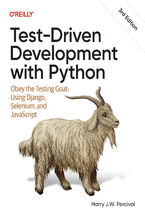
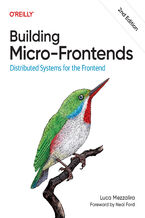



Oceny i opinie klientów: Head First Java. 3rd Edition Kathy Sierra, Bert Bates, Trisha Gee
(0)